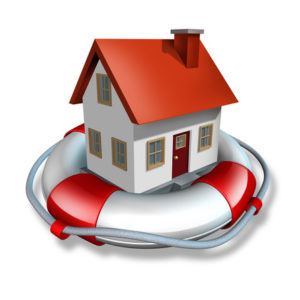The aftermath of Hurricane Harvey has left many streets flooded and neighborhoods devastated. But, as Texas cities along the coast work to rebuild, more people are taking to the roads. Driving in flooded conditions can be dangerous, not only to your safety, but it can also damage your car. According to the Weather Channel, as many as 22 percent of car accidents result from weather-related phenomenon. In fact, it is not the dramatic hurricanes and tornadoes that result in crashes, but more run of the mill events, like rainfall and flooding that contribute to the greatest number of accidents. So, what should you know before you hit the road?
Begin by planning your route. If you are returning to work or driving your child to school, there may be more than one possible route to your destination. Read about which roads and highways remain flooded and choose a route that is clearest. And, if you do encounter deep standing water, don’t try to drive through it. According to Progressive, a car can be swept away in just one foot of moving water. Never underestimate the power of flood water. Even if your car isn’t swept away, the water can flood and stall your engine, causing damage to your car.
If the water is shallower than a foot, and you have no other alternative but to drive through it, there are some things you should consider. First, never drive through water if you don’t know the depth. Look for signs of the water’s depth based on other cars driving through it or look at trees and other objects to estimate the depth of the water. If no cars are driving in the water, this might be a sign that the water is still too deep to be passable. Watch for downed power lines. One of the biggest hazards you might face is electrocution from live powerlines that remain in the water.
The danger doesn’t end once you have crossed the flooded area. The water could impact your ability to break properly. Before speeding up, check your brakes. Water in your brakes can affect your ability to stop properly.
Finally, if you find yourself trapped in your car, put your safety first and make your way to higher ground. Don’t try to remain in your car if the water is rising around you. Bring a charged cell phone with you before you travel so that you can call for help, but be aware that in the aftermath of the storm, emergency services may be strained. If you can get to safe ground on your own, you may be asked to do so.
The Law Office of Robert Gregg are Dallas, Texas personal injury lawyers who are closely monitoring the situation following Harvey. Drive safety. Be aware of your surroundings. And, if you or a loved one was hurt in a crash due to rising flood waters, be aware of your rights. You may be entitled to seek a recovery for your medical costs, lost wages, and pain and suffering.


